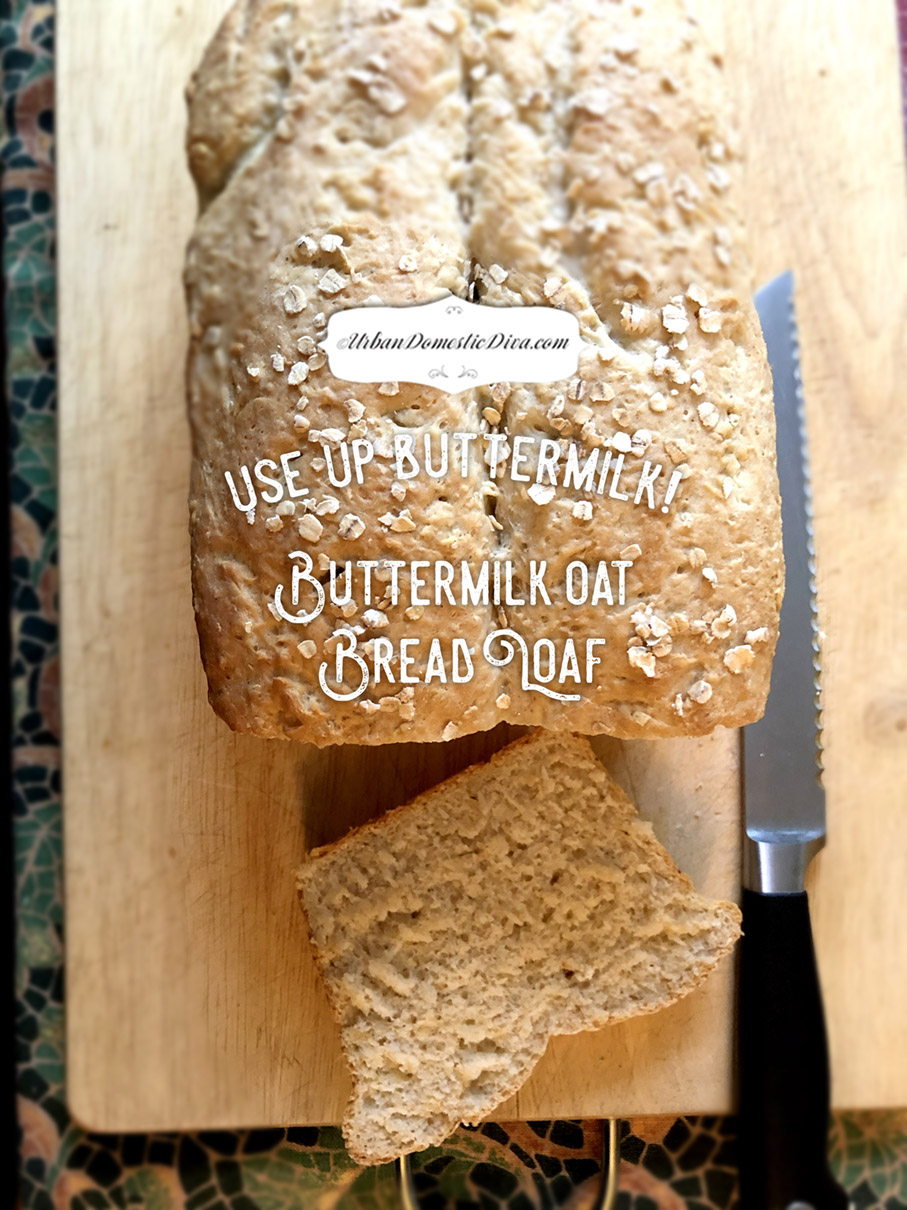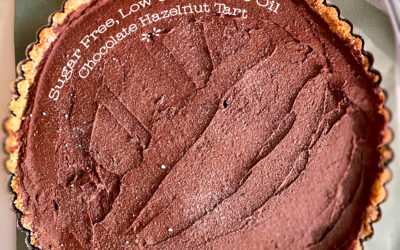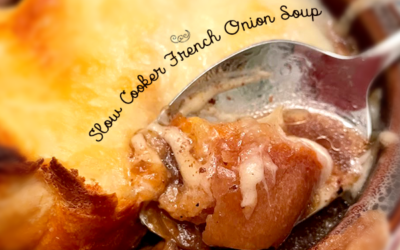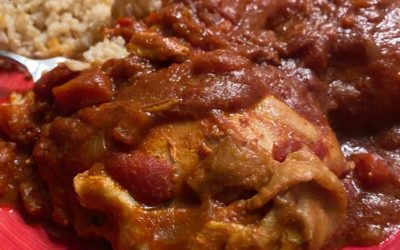Here in Chicago, you don’t just buy buttermilk, You commit to buttermilk.
I am not sure how it is in other states, but here, they don’t sell buttermilk in small pints like heavy whipping cream. So once you are done with that meager 3/4 cup that you need for pancakes, you still have to make your way through 4 cups of buttermilk. I have read you can freeze buttermilk, and I haven’t tried that yet. But our freezer is like the graveyard of good intentions as it is, and all I need is my husband pulling out 2-year-old Ziploc bags of frozen buttermilk to add to that hot mess. So I am not going there just yet. I also felt that to stay on track with our healthy eating New Year’s resolutions, I couldn’t go to my old stand-bys either-like cookies, pie, cake, etc. I decided to try a more functional approach, which was bread making. I dove into buttermilk bread this month, and it was super fun. Buttermilk gives bread the tang of sourdough without the effort, yet with a moist crumb.
This loaf has more of a sandwich bread style to it, using a loaf pan and mostly all-purpose flour. It gets a healthy hit of oats for some grain, and honey for an earthy sweetness. The oats made us feel less guilty about the carbs. Consider cutting the flour with some whole wheat to get even more grain into it, just know you may need to increase liquids if you do that. More bran in the flour will soak up the liquids. I included a how-to in last week’s “Fridays with Flora” episode below!
“USE UP BUTTERMILK!” Buttermilk Oat Bread Loaf
Dissolve the yeast in the bowl with the warmed water and pinch of sugar. Let it sit for about 5 to 10 minutes until it becomes bubbly and active.
In another small bowl, melt the butter, then add the honey and mix. Let cool slightly.
In the mixing bowl for a stand mixer, add the proofed yeast, then the butter mixture, then the room-temp buttermilk. Stir to combine. Then add the kneading hook to the stand mixer.
Stir in 2 cups of the flour using the dough hook attachment and add the salt. Once the flour is mixed in, add the rest of the flour and the pulsed oats and set the mixer on medium-low, kneading the dough for about 8 minutes. Stop midway to spread the dough along the bottom and combine, to make sure it is getting consistent kneading. The dough should be smooth but if it is still sticking, add a tablespoon or two of flour at a time and mix until the dough is soft and smooth, pulling away from the sides of the bowl. The bowl should be clean.
Using cooking spray, lightly mist a large. Set the dough in the bowl, cover the bowl with plastic wrap, and cover with a lint-free towel. Set it in a warm place, undisturbed, to rise for about 1 1/2 hours, or until double in size.
Lightly spray a 9” x 5” loaf pan with cooking spray. Save the plastic wrap, to use again for the second rise. Once doubled, punch the dough down. Shape into a rough rectangle, then place the dough in the pan, forming it into a loaf shape. Cover the pan with plastic wrap and again, let the dough rise until it’s about an inch over the top of the pan, about 40 minutes. Begin preheating the oven to 350° F while it rises.
Once doubled again, take a sharp knife and make a cut along the top of the loaf, This gives the dough room to rise in the oven. Brush the top with cold water, then sprinkle extra oats on top, gently pressing it on the wet surface. Place the pan in the oven and bake for 35-40 minutes, until the dough has puffed further and is golden brown. It should sound hollow when knocked on. Cool the bread in the pan for about 10 minutes, then remove it to a cooling rack to cool completely.
Ingredients
Directions
Dissolve the yeast in the bowl with the warmed water and pinch of sugar. Let it sit for about 5 to 10 minutes until it becomes bubbly and active.
In another small bowl, melt the butter, then add the honey and mix. Let cool slightly.
In the mixing bowl for a stand mixer, add the proofed yeast, then the butter mixture, then the room-temp buttermilk. Stir to combine. Then add the kneading hook to the stand mixer.
Stir in 2 cups of the flour using the dough hook attachment and add the salt. Once the flour is mixed in, add the rest of the flour and the pulsed oats and set the mixer on medium-low, kneading the dough for about 8 minutes. Stop midway to spread the dough along the bottom and combine, to make sure it is getting consistent kneading. The dough should be smooth but if it is still sticking, add a tablespoon or two of flour at a time and mix until the dough is soft and smooth, pulling away from the sides of the bowl. The bowl should be clean.
Using cooking spray, lightly mist a large. Set the dough in the bowl, cover the bowl with plastic wrap, and cover with a lint-free towel. Set it in a warm place, undisturbed, to rise for about 1 1/2 hours, or until double in size.
Lightly spray a 9” x 5” loaf pan with cooking spray. Save the plastic wrap, to use again for the second rise. Once doubled, punch the dough down. Shape into a rough rectangle, then place the dough in the pan, forming it into a loaf shape. Cover the pan with plastic wrap and again, let the dough rise until it’s about an inch over the top of the pan, about 40 minutes. Begin preheating the oven to 350° F while it rises.
Once doubled again, take a sharp knife and make a cut along the top of the loaf, This gives the dough room to rise in the oven. Brush the top with cold water, then sprinkle extra oats on top, gently pressing it on the wet surface. Place the pan in the oven and bake for 35-40 minutes, until the dough has puffed further and is golden brown. It should sound hollow when knocked on. Cool the bread in the pan for about 10 minutes, then remove it to a cooling rack to cool completely.
Notes
- Sugar-Free, Low-Carb, Olive Oil Chocolate Hazelnut Tart - February 18, 2023
- Easy Slow Cooker French Onion Soup - November 28, 2022
- Recipe: Chicken Vindaloo with Whole Foods Vindaloo Curry Powder - January 22, 2022





